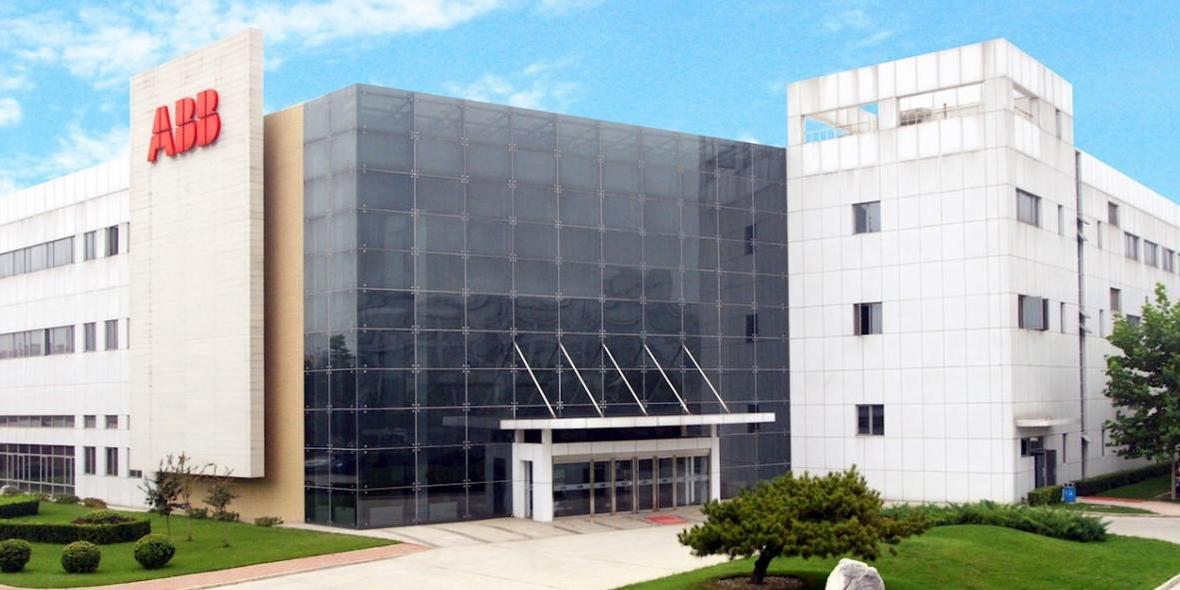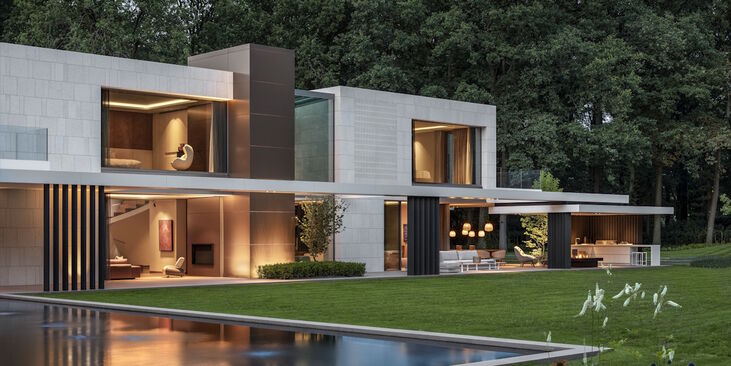13. Apr 2021
ABB Uses i-bus KNX Building Control to Support Sustainable Manufacturing in China

ABB reduces carbon footprint at a manufacturing site in Beijing, which will decrease the annual greenhouse gas emissions by an estimated 400 tons, supporting the company wide objective to achieve carbon neutrality across its own operations by 2030.
ABB has unveiled a new solar power generation and renewable energy integration system at its manufacturing site ABB LV Installation Materials Co., Ltd. Beijing. The ABB factory for low-voltage products has over 600 employees and spans around 24,000 sqm. The rooftop photovoltaic system will deliver approximately 420 MWh per year, reducing the annual greenhouse gas emissions by an estimated 400 tons. ABB's electric vehicle chargers and sophisticated energy management software systems deliver a holistic energy efficiency solution, utilizing building automation and digitalization throughout the plant.
The Beijing project was launched after a successful pilot project at the company's Busch-Jaeger subsidiary in Luedenscheid, Germany, in 2019, where a photovoltaic system delivers around 1,100 MWh of climate-neutral solar power a year. The system generates enough climate-neutral solar power to cover 100 percent of the factory's power requirements on sunny days and has reduced the site's CO2e emissions by some 680 tons per year.
"Based on our experience with our self-sufficient energy factory in Luedenscheid, Germany, our recent project in Beijing is another important milestone on our way to achieve carbon neutrality across our own operations by 2030", said Theodor Swedjemark, Chief Communications and Sustainability Officer. "Our new ambitious sustainability strategy will benefit all our stakeholders, across our value chain, and help enable a low carbon society."
Oliver Iltisberger, President of ABB's Smart Buildings division commented: "Today's inauguration of the energy efficiency solution in our factory in Beijing represents the next step in fulfilling ABB's sustainability strategy, combating the causes of climate change and living by our own core values. Using insights from our first Net Zero Carbon facility in Luedenscheid, we have developed our sustainable buildings model into a more effective and scalable solution that we can apply globally for manufacturing facilities, homes, buildings, cities and industry around the world to reduce their environmental impact and accelerate ABB Electrification's Mission to Zero."
The project adopts ABB's smart energy management technology where all devices are connected to the cloud-based ABB AbilityTM Electrical Distribution Control System*, for monitoring, optimization and maintenance prediction using big data and artificial intelligence. A comprehensive ABB i-bus® KNX intelligent building control system is also installed to optimize the control of workshops and offices in lighting, curtains, heating, ventilation, safety and other devices.
Digitalization of buildings through connected technologies and building automation has a key role to play in helping to manage grid reliability and power consumption and in reducing energy costs while increasing energy efficiency.
*The two current and well-known energy and asset management solutions ABB Ability™ Electrical Distribution Control System (EDCS) and ABB Ability™ Asset Health for Electrical systems - MyRemoteCare have been constantly further developed and migrating in one single user interface. ABB Electrification celebrates this offering evolution with the new ABB Ability™ Energy and Asset Manager.
new.abb.com/low-voltage/products/building-automation/product-range/abb-i-bus-knx
Highlights
-
 News
NewsThe KNX Journal 2025 is now available
The latest edition of our annual smart home and building solutions magazine has arrived. The KNX Journal 2025 offers ... -
 News
NewsNew ETS App: Password Manager
The ETS Password Manager is a powerful new ETS App introduced in ETS 6.3 that eliminates the need to repeatedly enter ... -

